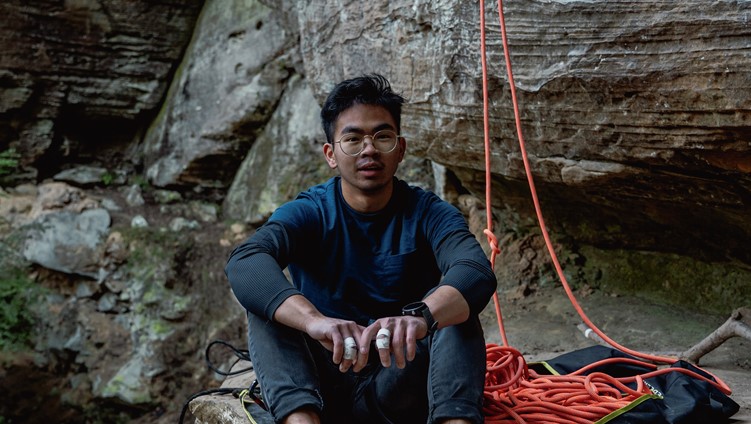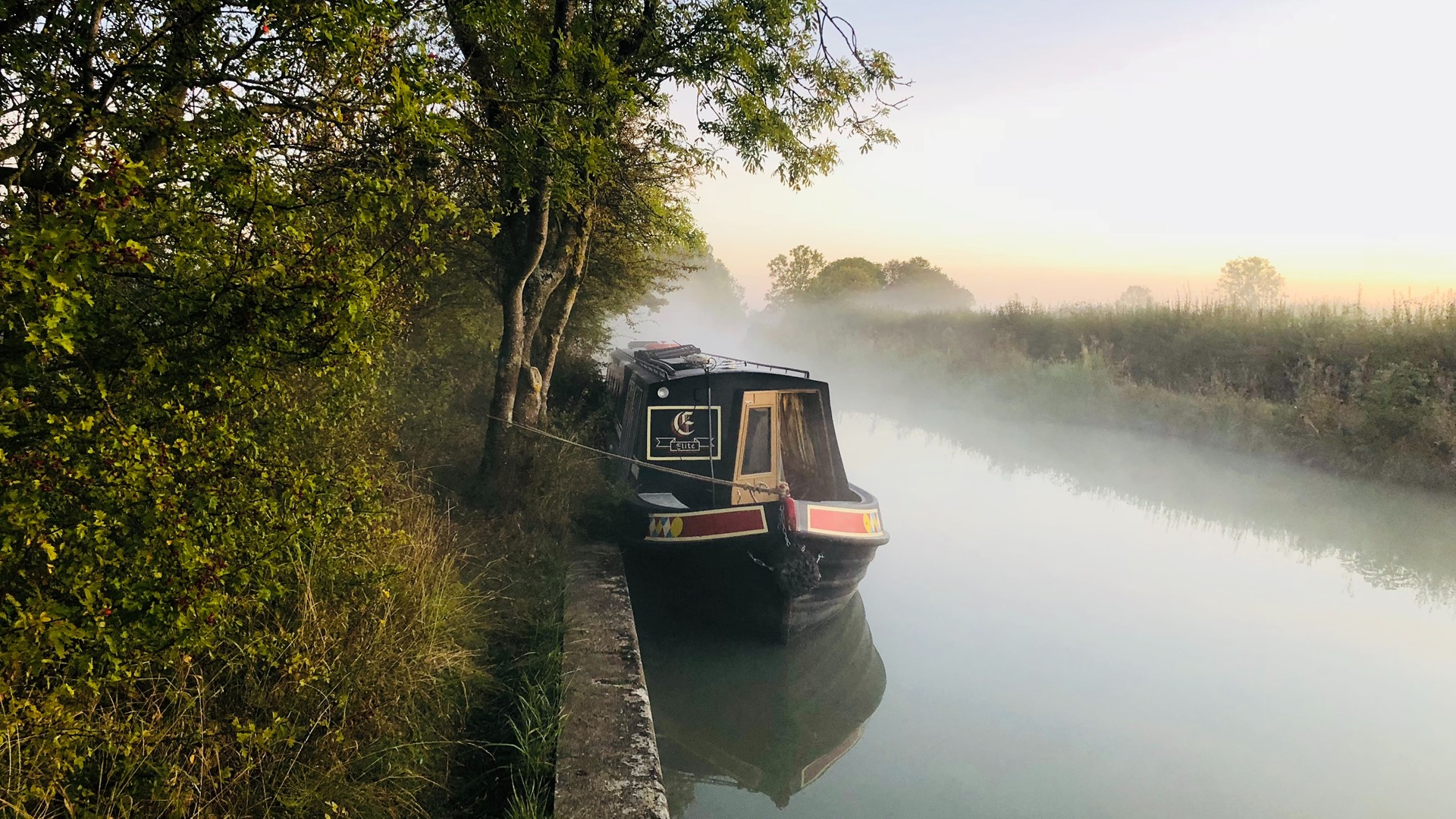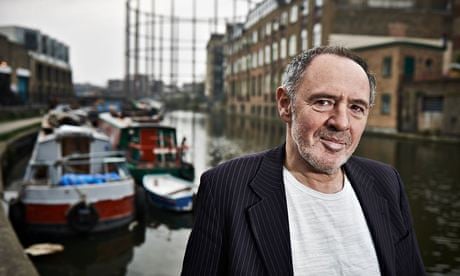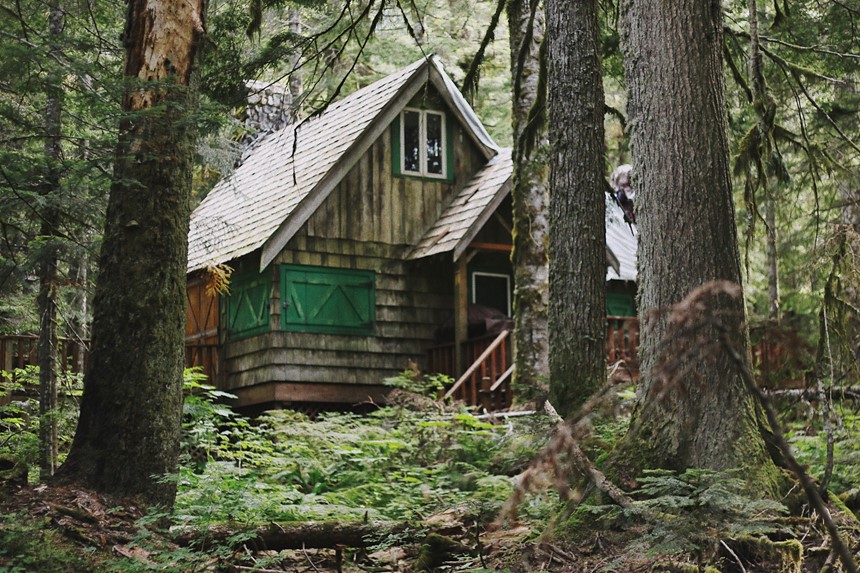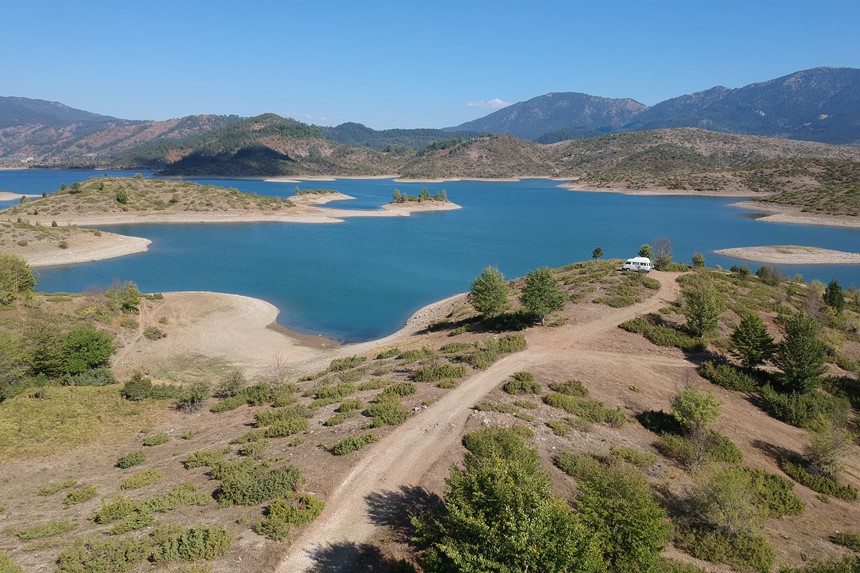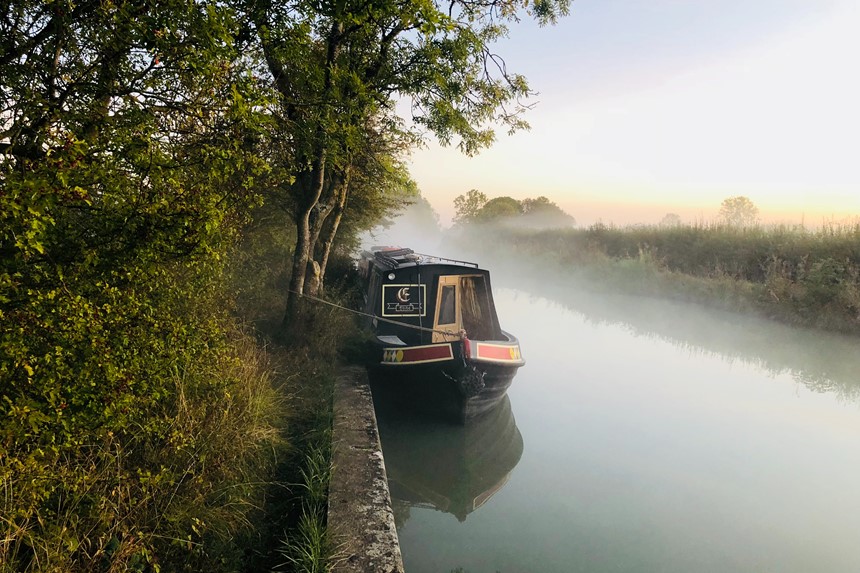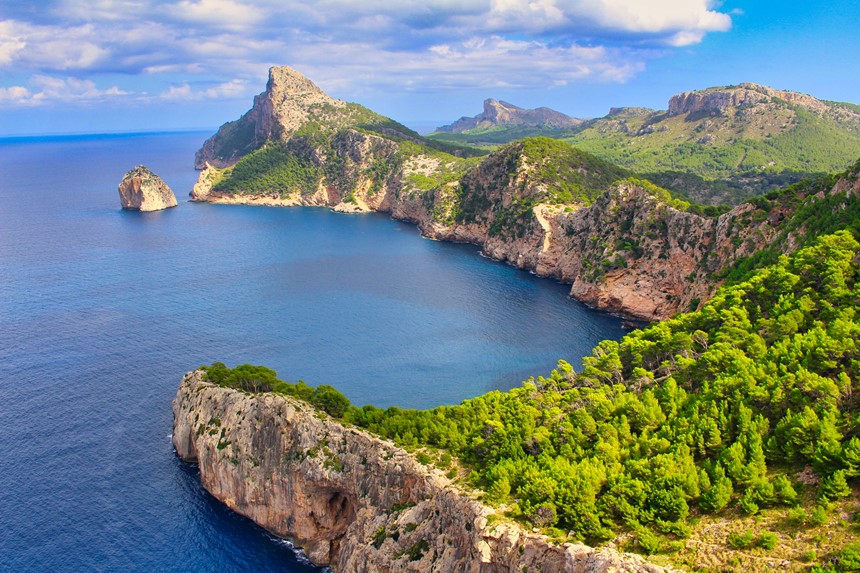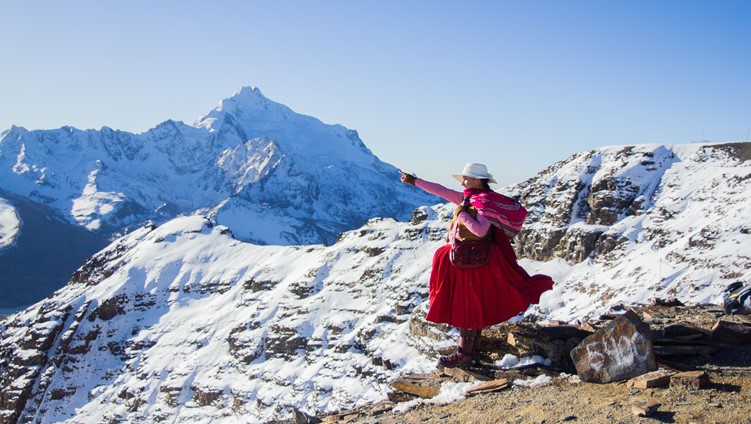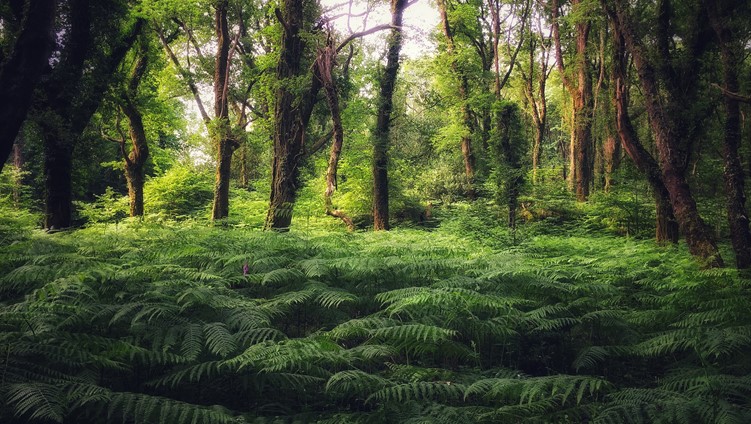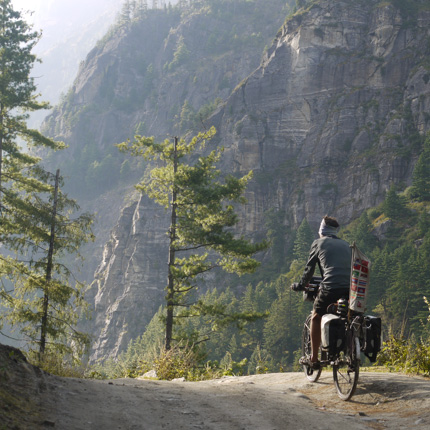In the context of these debates, how has the role of off-grid.net, the forum you founded, evolved?
There’s two really great things. One is Land Buddy, which is a way for people who want to live off-grid to find people who've got land, so that they can go and live there. And then there's a free classifieds, which is a lot of off-grid lonely hearts - old timers living in a cabin with a gun, looking for a lady to do their cooking. There's obviously all sorts of out-of-date attitudes among my audience. It brings together leftwing libertarians and rightwing libertarians. And the rightwing libertarians have, let's say, old-fashioned views about certain things.
It started as a kind of an informational portal. I’m about to launch it as a shop, which has just got the best things - the items that, if you have these items, you'll be able to be comfortable off-grid. I realised that is the kind of service that my readers want.
I'm also going to be doing much more campaigning.
What kind of campaigns?
Right now I’m launching a parliamentary petition, arguing that much more money should be devoted towards micro-grids: small, self-contained sources of energy and groups of energy consumption which could be part of the bigger grid, but might not be.
Britain has earmarked £500 billion to “decarbonise” the grid. Most, if not all, of that money will be spent on the grid. That's part of the price that we're currently being charged, and quite right too. But what I'm questioning is: should this money be going straight to the people who caused the problem in the first place?
The energy companies know how to sell energy, but their business model is to sell us more energy. We need them to sell us less energy, and they're not doing it, and they won't do it. Handing them this money is a moronically stupid moment in history.
That's the aim of this parliamentary petition: to get 100,000 people to say that some of this money - not all of it - should be spent on micro-grids.
There are places all over Britain which are underserved by the grid. It could supplement their power right now - connected to the grid later, maybe, though it’s a very expensive business to connect to the grid, and there’s no need for it in a large number of cases. You can just have local, autonomous micro-grids.
Furthermore, another unprecedented change that's about to take place is the move to the electric car. And the big thing that's stopping that move is the lack of charging points. You’re not telling me that we’ve got to connect charging points up to the grid everywhere in Britain? It could be micro-grids.
